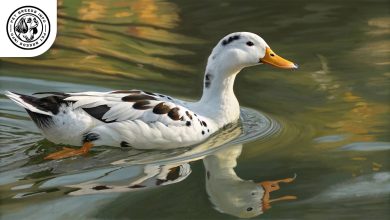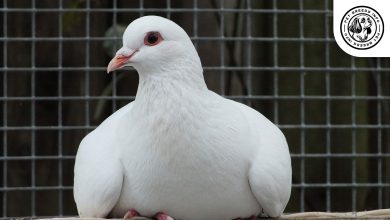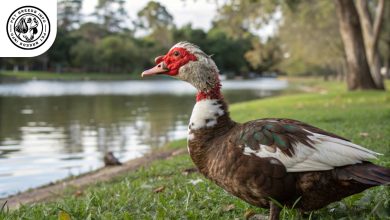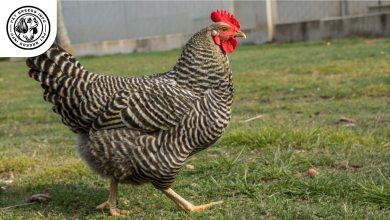Welsummer Chicken breed: Personality, Lifespan, Food & Care
General Introduction of the Breed
The Welsummer chicken, known as “Welsumer” in Dutch, originates from the Netherlands. This breed was first developed in the early 1900s in the village of Welsum. It was selectively bred from local Dutch chickens, including the Partridge Leghorn, Rhode Island Red, and Barnevelder, to create a hardy and productive bird. The Welsummer is best known for its rich brown, speckled eggs and friendly temperament.
Table of Contents
| Common Name | Welsummer Chicken |
| Scientific Name | Gallus gallus domesticus |
| Origin | Netherlands (Welsum Village) |
| Size | Roosters: 7–8 lbs; Hens: 5–6 lbs |
| Lifespan | 6 to 10 years |
| Egg Color | Rich dark brown, often speckled |
| Egg Production | ~160–200 eggs/year |
| Temperament | Friendly, intelligent, good with families |
| Cold-Hardy | Moderately; protect comb in winter |
Physical Characteristics
Welsummer chickens are medium to large-sized birds, with roosters weighing around 7-8 lbs (3.2-3.6 kg) and hens weighing about 5-6 lbs (2.3-2.7 kg).
The breed has a sleek feather coat, typically displaying a partridge-like pattern. The most common coloration is red-brown with black-tipped feathers, giving it a distinctive and elegant appearance.
Welsummers have bright, intelligent amber eyes, making them quite striking in appearance.
They possess single, upright combs which can be prone to frostbite in colder climates.
The tail is medium-sized, well-fanned, and blends harmoniously with the overall body structure.
One of the most notable features of the breed is the rich, dark brown eggs with speckled patterns, which make them highly desirable among poultry keepers.
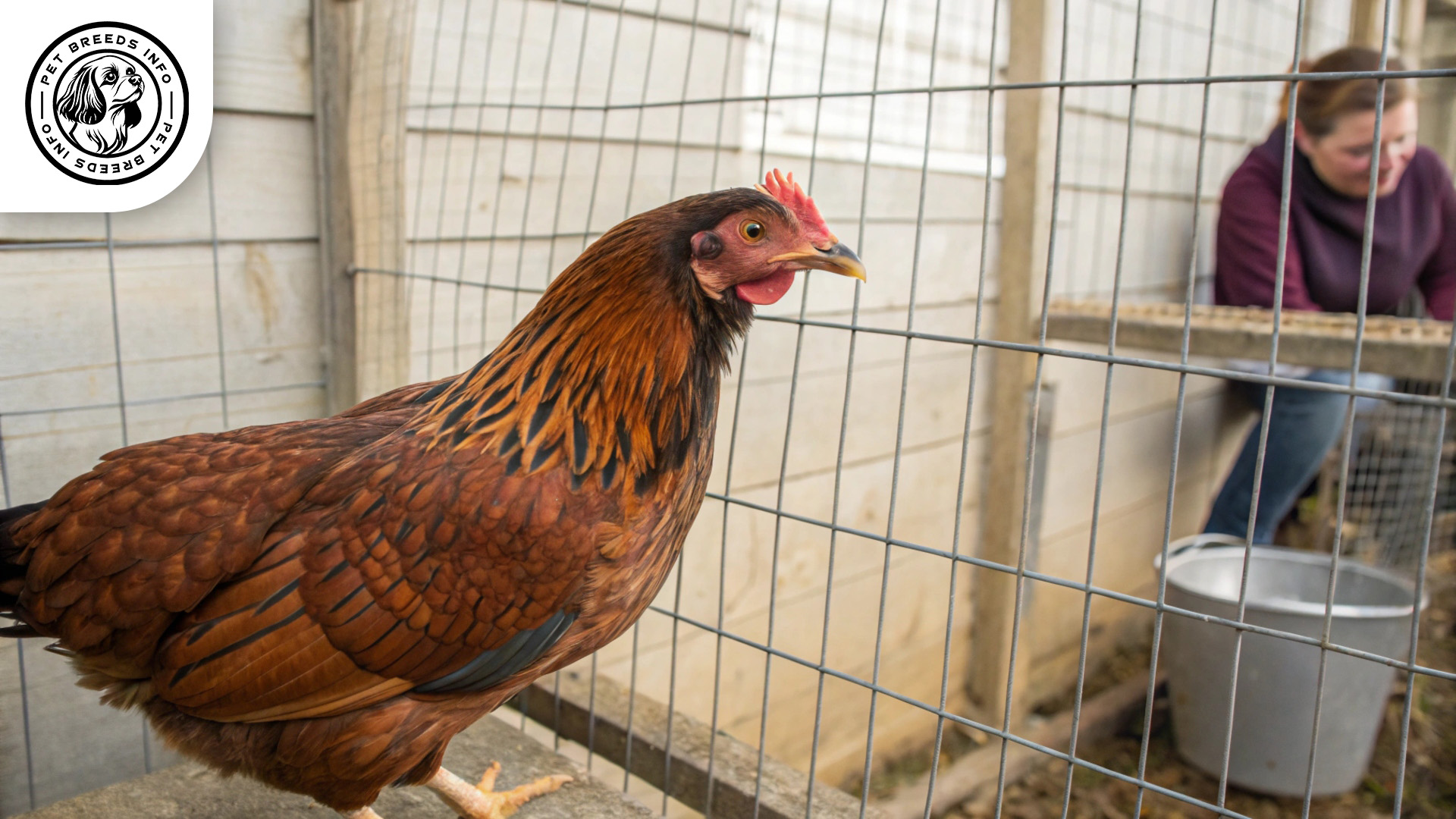
Personality and Temperament
Welsummer chickens are intelligent and quick learners, making them relatively easy to manage.
They have a moderate energy level and enjoy free-ranging but can also adapt to confined spaces if necessary.
These birds tend to form strong bonds with their owners, displaying friendly and social behaviors.
Welsummers are good-natured and do well with children, making them an excellent choice for family flocks.
They are not overly aggressive and generally get along well with other chicken breeds.
Although they are not particularly broody, they remain alert and can handle minor environmental changes well.
Read More: Violet-eared Waxbill
Care and Maintenance Requirements
Welsummers benefit from regular exercise and enjoy foraging, making them ideal for free-range setups.
They thrive in both rural and suburban environments, provided they have adequate space to move around comfortably.
These chickens require minimal grooming as they have tight, self-maintaining feathers and do not need frequent bathing.
They are relatively cold-hardy but may need protection from extreme cold due to their large, single comb.
Basic hygiene practices include ensuring access to clean water, occasional nail trimming, and monitoring for parasites like mites and lice.
Diet and Nutrition
Welsummers thrive on a balanced diet consisting of high-quality layer feed supplemented with grains, greens, and occasional protein sources.
They especially benefit from calcium-rich foods such as crushed oyster shells to support strong eggshell production.
Foods to avoid include chocolate, caffeine, salty foods, and raw beans, which can be toxic to chickens.
Adult hens should be fed approximately ¼ to ⅓ pound (113-150 grams) of feed per day, with access to free-choice grit for digestion.
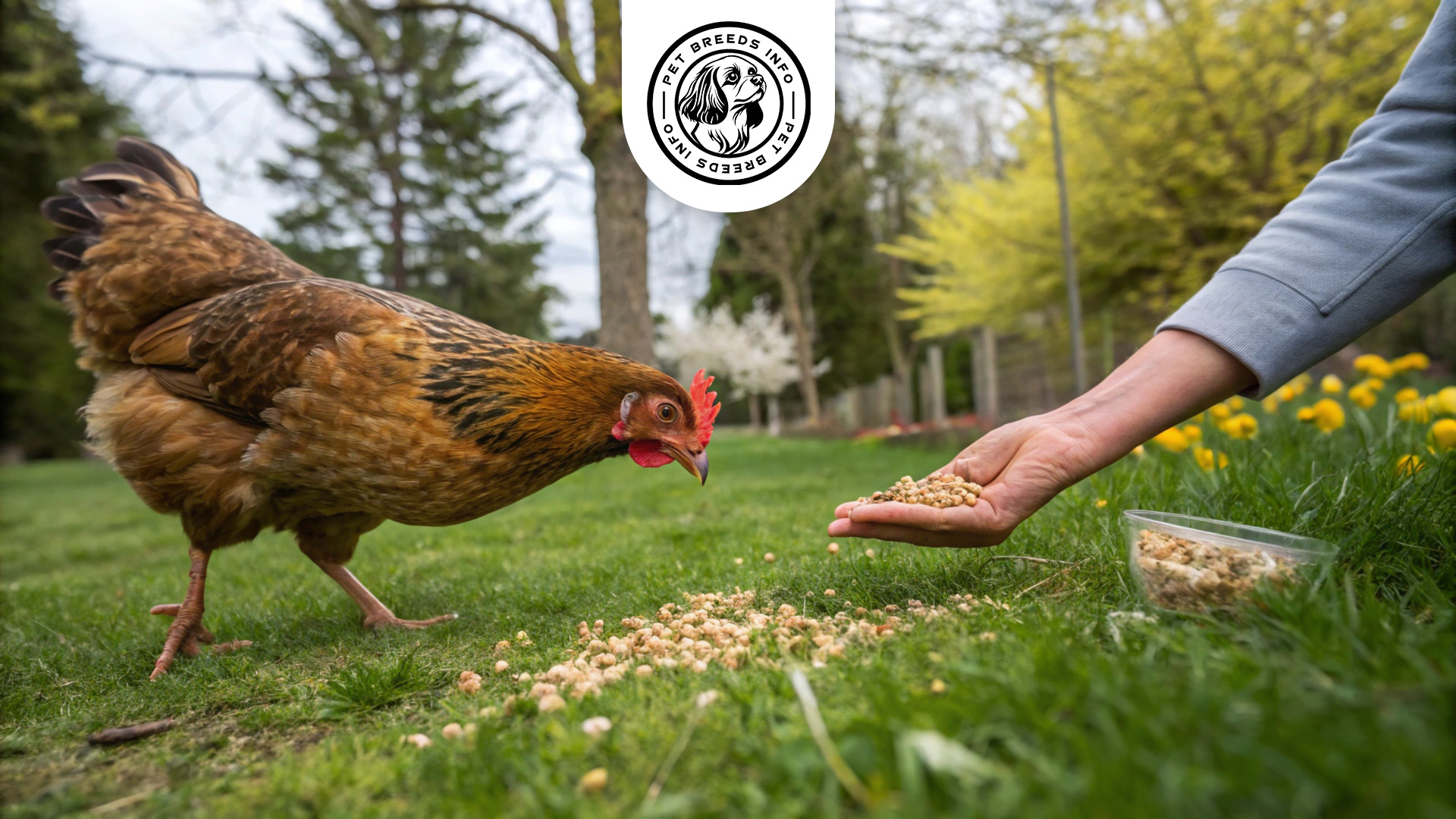
Health and Common Medical Issues
Welsummers are generally healthy birds with robust immune systems.
They may occasionally be prone to external parasites such as mites or lice, especially in warmer climates.
Frostbite can be an issue in colder regions due to their prominent combs, so proper winter precautions should be taken.
On average, Welsummer chickens live between 6 to 10 years with proper care.
Routine vaccinations, deworming, and a clean coop environment contribute to long-term health and well-being.
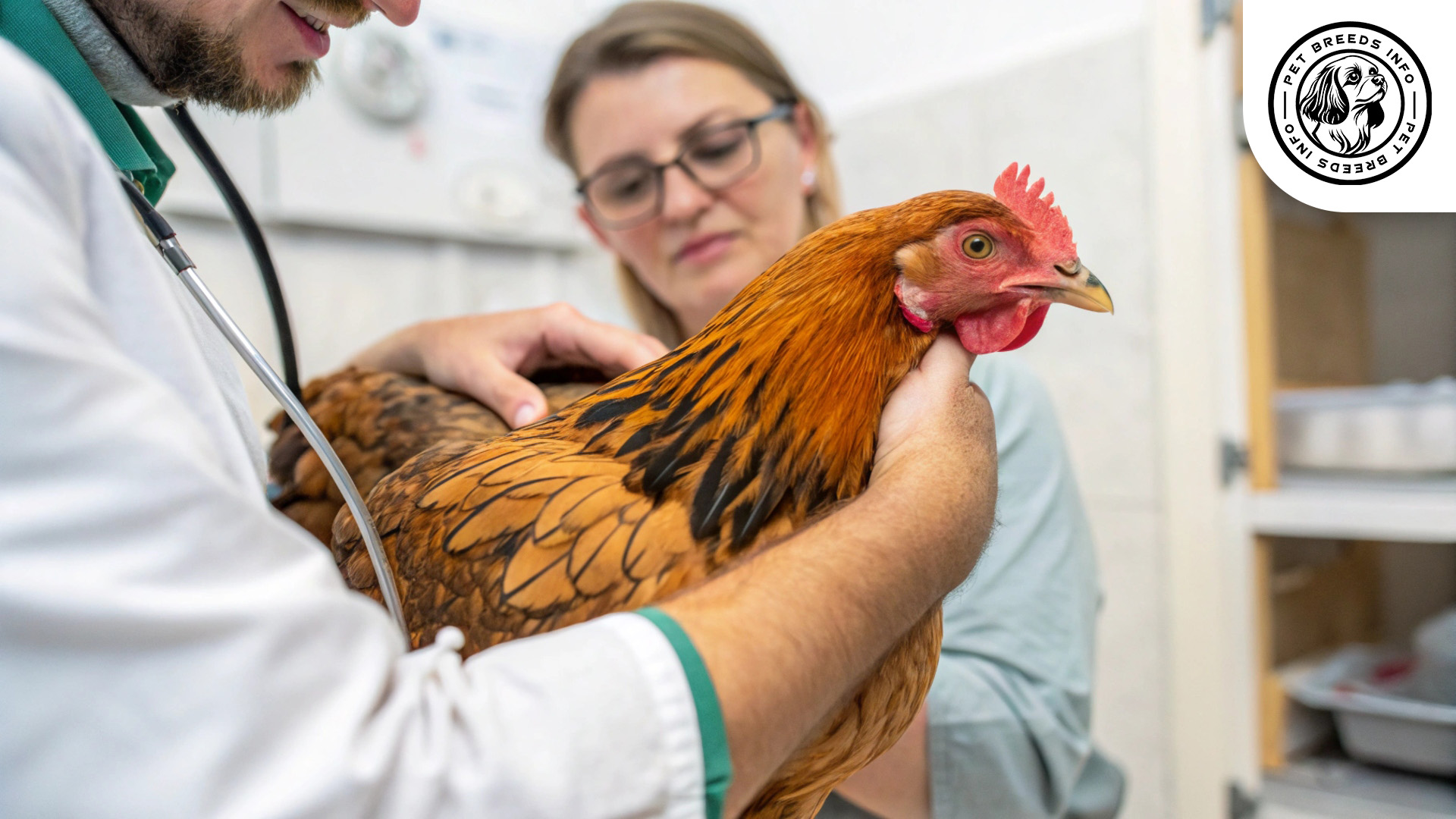
Training and Behavior Management
Welsummers are easy to train, responding well to positive reinforcement, such as treats.
Early exposure to humans helps them become more social and comfortable with handling.
Training them to return to the coop in the evening is simple when using food motivators.
Gentle handling from a young age ensures they remain friendly, even as adults.
Read More: Cactus Conure Bird
Interaction with Other Animals and Humans
Welsummers are known for their friendly nature and interact well with children, making them a great choice for family farms.
They generally coexist peacefully with other chicken breeds in mixed flocks.
Due to their independent yet social nature, they can thrive in farm settings with other livestock.
While affectionate, they maintain a good balance of independence, making them low-maintenance in terms of attention requirements.
Price and Availability
Welsummer chicks typically cost between $3 to $5 per chick, while mature hens may range from $15 to $30, depending on bloodline and breeder reputation.
They are widely available through hatcheries, farm supply stores, and reputable breeders.
Potential buyers should ensure they obtain their birds from reputable sources to prevent disease and genetic defects.
Conclusion and Final Thoughts
The Welsummer chicken is an excellent choice for both beginner and experienced poultry keepers.
They are hardy, relatively low-maintenance, and provide beautiful, dark brown eggs that make them highly desirable.
Ideal for both backyard and farm settings, they thrive in free-range conditions while still adapting well to confinement.
Those considering Welsummers should ensure they provide a safe, well-ventilated environment with ample space for foraging and dust bathing.
Overall, Welsummer chickens make a fantastic addition to any flock, combining aesthetic beauty, practical egg production, and an agreeable temperament.
Read More: Brecon Buff Goose
FAQ
Do Welsummers lay dark brown eggs?
Yes, they are known for their large, dark brown eggs with speckled patterns.
Are Welsummers good for beginners?
Absolutely! They are friendly, hardy, and relatively low-maintenance.
Do they do well in cold climates?
Yes, but their large single comb may need protection from frostbite.
Are Welsummers noisy?
They are moderately vocal—less noisy than some more talkative breeds.
Can Welsummers be kept with other breeds?
Yes, they are generally peaceful and integrate well in mixed flocks.

